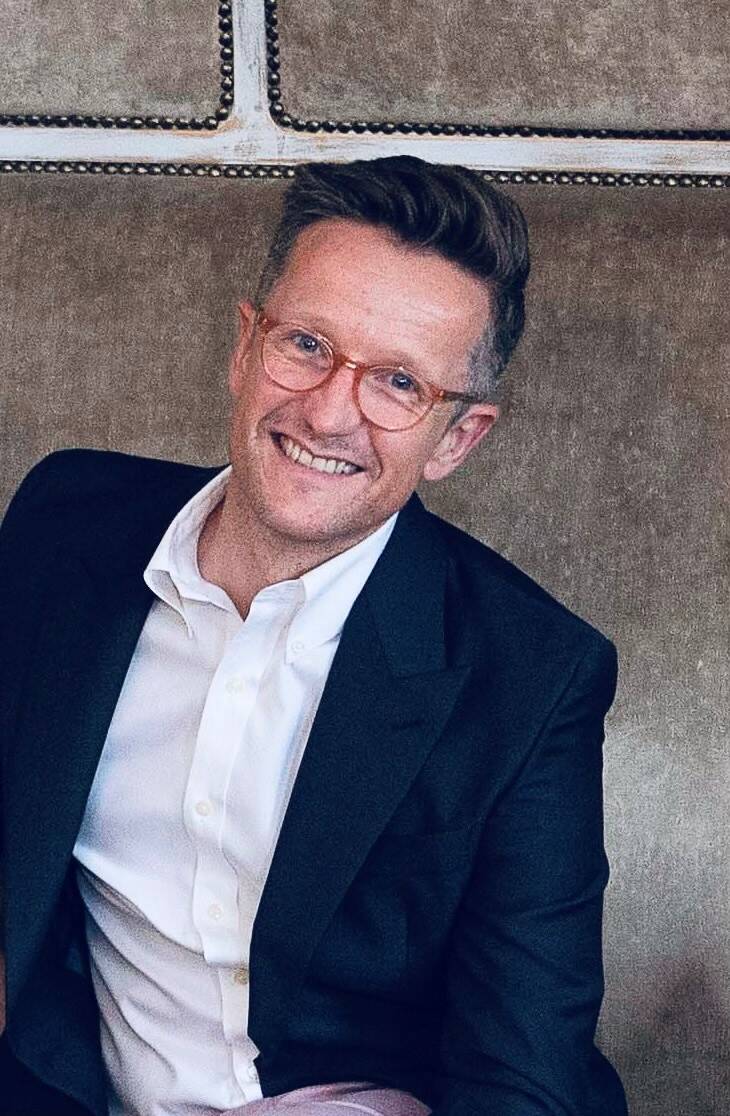You’ve reached your limit!
To continue enjoying Utility Week Innovate, brought to you in association with Utility Week Live or gain unlimited Utility Week site access choose the option that applies to you below:
Register to access Utility Week Innovate
- Get the latest insight on frontline business challenges
- Receive specialist sector newsletters to keep you informed
- Access our Utility Week Innovate content for free
- Join us in bringing collaborative innovation to life at Utility Week Live

Thames Water’s head of innovation, Jon Regan, sheds light on the advances in technology and collaboration during his quarter century in the utilities sector, and a 400-year-old source of inspiration.
What was your first job in the utilities sector?
 I worked as a technician deploying pressure loggers and doing property counts in Yorkshire as part of a leakage project. It was a great role to give me an understanding of how the network was set up and to see how our front line teams worked.
I worked as a technician deploying pressure loggers and doing property counts in Yorkshire as part of a leakage project. It was a great role to give me an understanding of how the network was set up and to see how our front line teams worked.
What work experience or qualifications did you have before moving into the industry?
No real work experience really, just casual student jobs. I’d studied civil engineering and at the time I wanted to work on large engineering schemes.
What has been your career highlight thus far?
I’ve really enjoyed the last few years at Thames Water and being part of our smart water and waste programmes which have really brought together the two aspects of my experience – technology and operations.
What is the most significant way that today’s utilities sector differs from the one you first joined?
I would have to say the amount of technology that is now available to us. It would be unbelievable to go back 30 years and explain what technology could be able to do.
What is your golden rule for overcoming challenges at work generally?
Ask for help! One of my biggest learnings around personal resilience has been about using a network of colleagues. Despite all this cool technology we have at Thames Water, our biggest asset is our people and it’s a supportive environment to overcome challenges.
How would you describe your creative process in three words?
Collaborative, iterative and flexible
What’s the strangest place that working in the utilities sector has taken you?
I’ve been lucky enough to go to India to visit colleagues and been to some amazing cities that I may never have visited otherwise, such as Pune and Hyderabad.
Which piece of technology, or app, could you not function without?
 I love my Whoop band and app – it gives me lots of good data, heart rate, sleep all the usual stuff. But the insights it gives around recovery and when are good days to train or when I need to sleep more are great.
I love my Whoop band and app – it gives me lots of good data, heart rate, sleep all the usual stuff. But the insights it gives around recovery and when are good days to train or when I need to sleep more are great.
What do you think is the key to creating the conditions for innovation within the utilities sector?
I think it has to be about creating an environment where every member of the team can contribute. I’ve become a real advocate for agile working, and I love the ethos of creating an inclusive and collaborative environment which I think is really putting a big shift on our roles as leaders.
Did you learn anything new about collaborating or innovating as a team or business during the pandemic?
We did lots of things we never thought were possible remotely – hired and onboarded new people, starting new projects and going live with new technology, although I am enjoying and seeing the benefits of getting back to the office when I need to.
Is there a standout innovation or collaboration project that you wish you’d had the chance to work on?
 I lived in Islington for quite a few years, and I became aware of the New River and how that was built to improve London’s drinking water bringing water from Hertfordshire into the centre of London. The vision and ability to build a 20-mile man-made river using only gravity 400 years ago is incredible.
I lived in Islington for quite a few years, and I became aware of the New River and how that was built to improve London’s drinking water bringing water from Hertfordshire into the centre of London. The vision and ability to build a 20-mile man-made river using only gravity 400 years ago is incredible.
What excites you most about the next 10 years in the utilities sector – any trends, tech or specific innovations?
I think we will see much more collaboration across the water industry and across other sectors. Open data will help us here, but I don’t think we will be able to deliver the change we need without working differently with other stakeholders and with our customers and communities.
What do you think will be the defining factor in the UK hitting its net zero targets?
Working differently and working together. It’s one of the big areas where we can’t achieve what we need to do unless we can think, act and work differently.
How do you feel utilities companies can collaborate more – or more effectively?
I’m seeing lots of water company collaboration, particularly off the back of the Ofwat innovation funding initiative, and I’m sure we’ll start to see that go across sector as it feels like there are lots of untapped opportunities. I think open data can be a real catalyst for us doing this better.
What do you think is the biggest challenge facing the utilities sector at present?
I think the big challenge is how we can improve our performance across everything we do without increasing customer bills.

See this content brought to life at Utility Week Live, 17-18 May 2022 NEC Birmingham. FREE to attend for utilities. Register today
Delivering smart water networks is one of the frontline challenges at the heart of Utility Week Live 2022’s live content programme. View the programme.
Please login or Register to leave a comment.